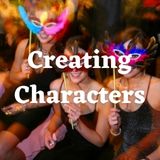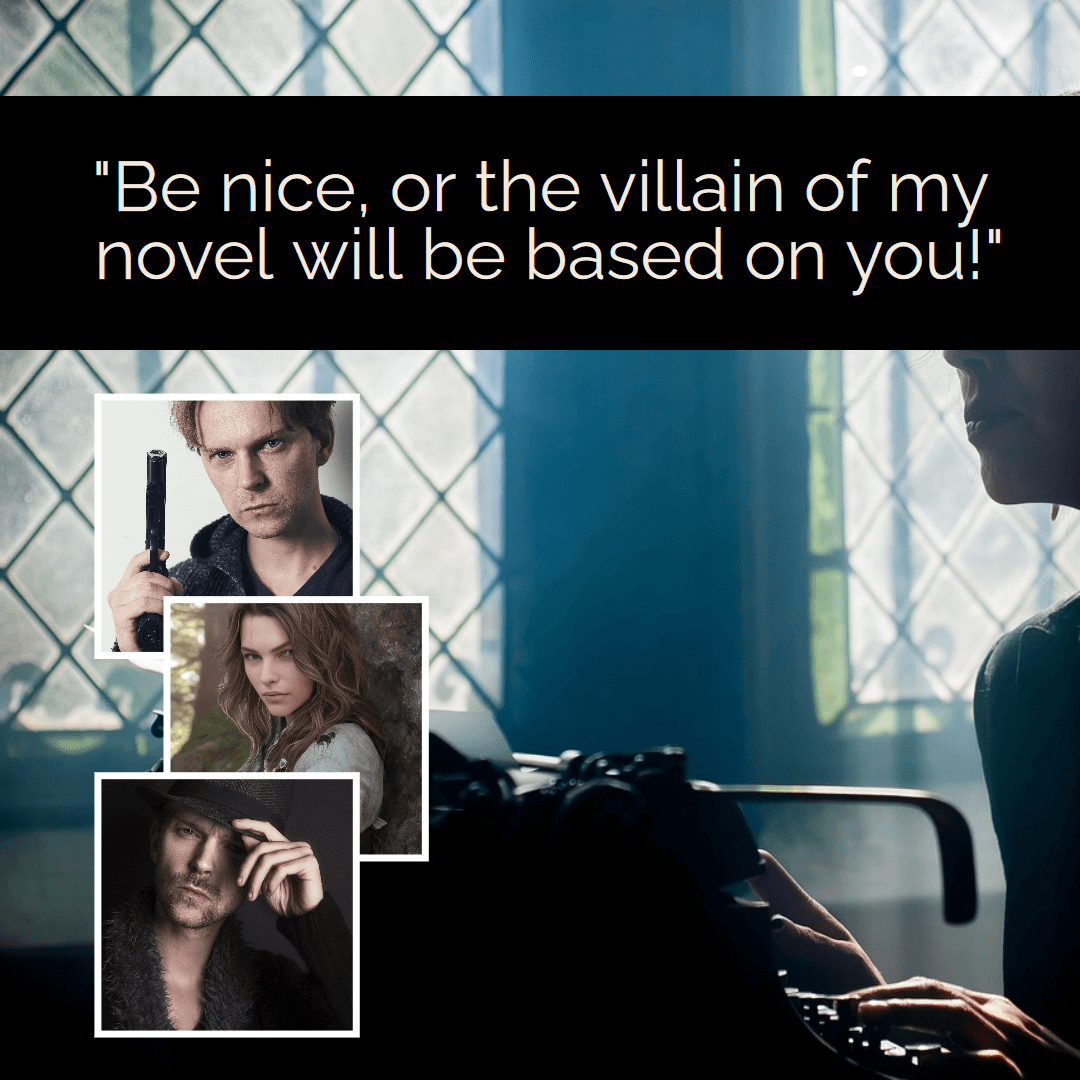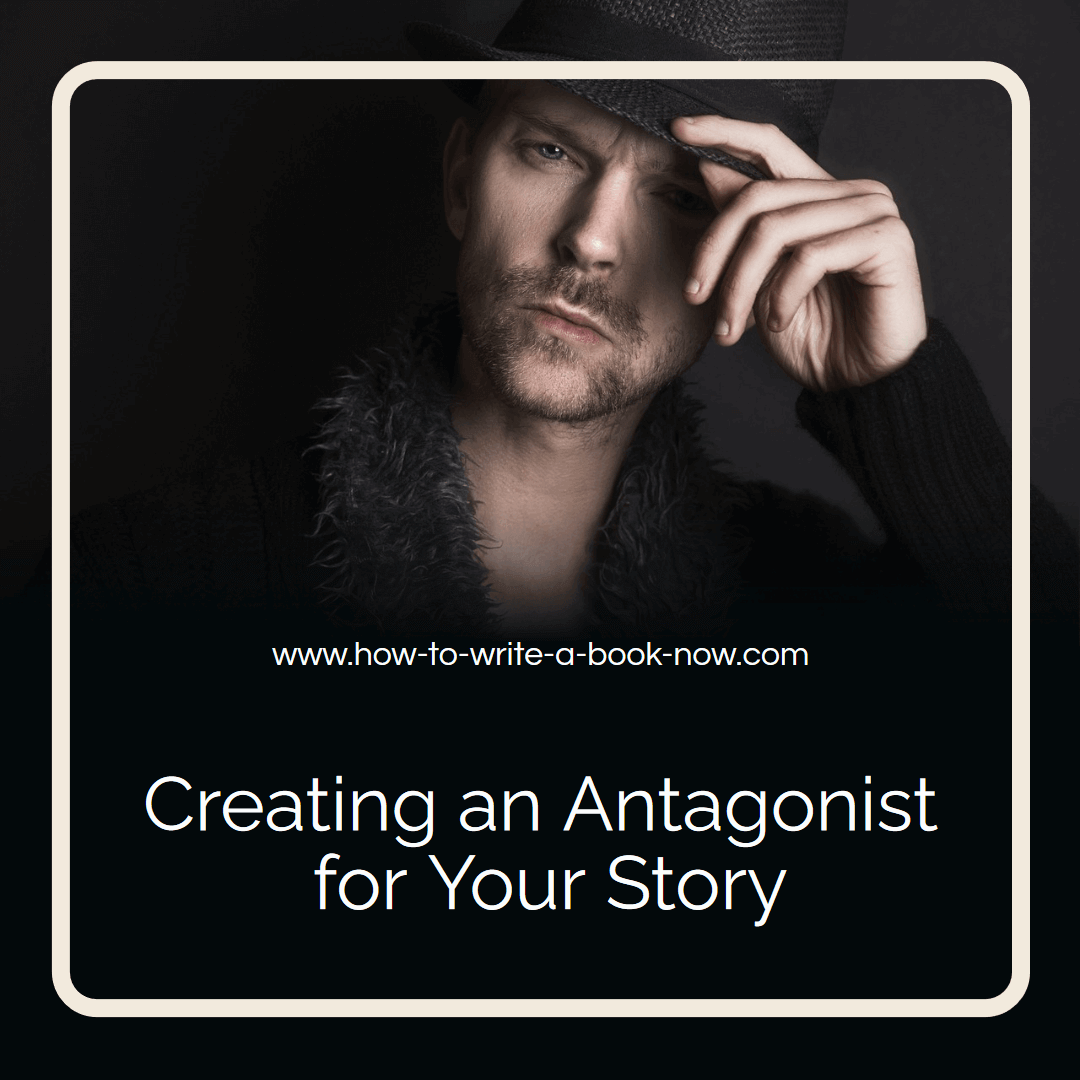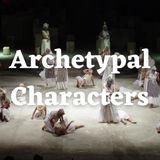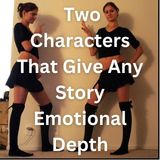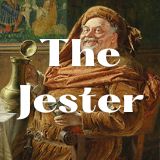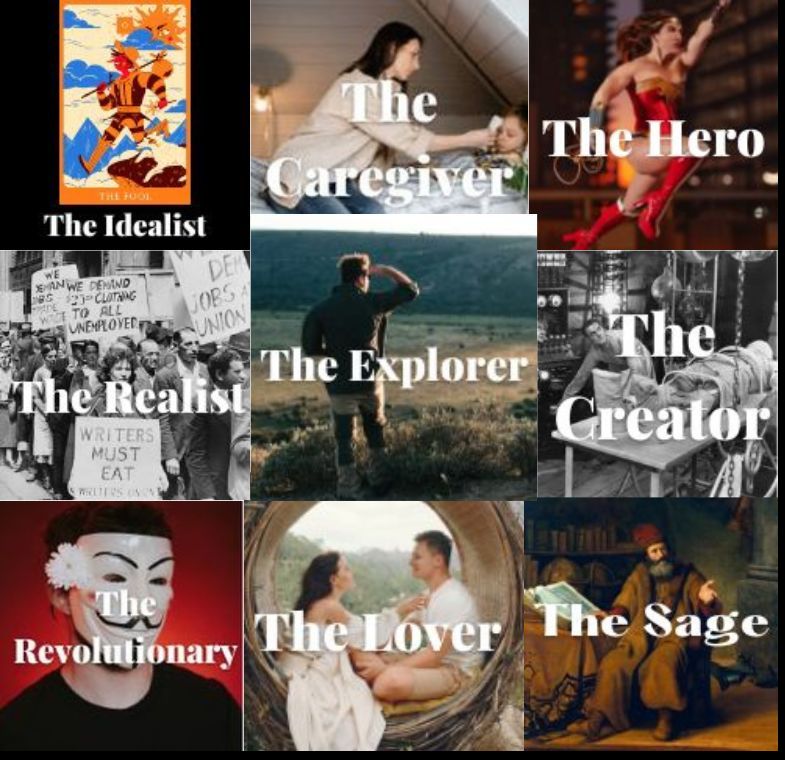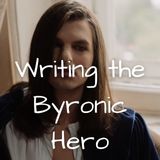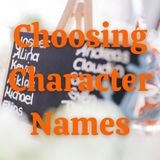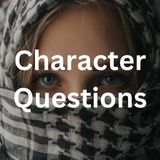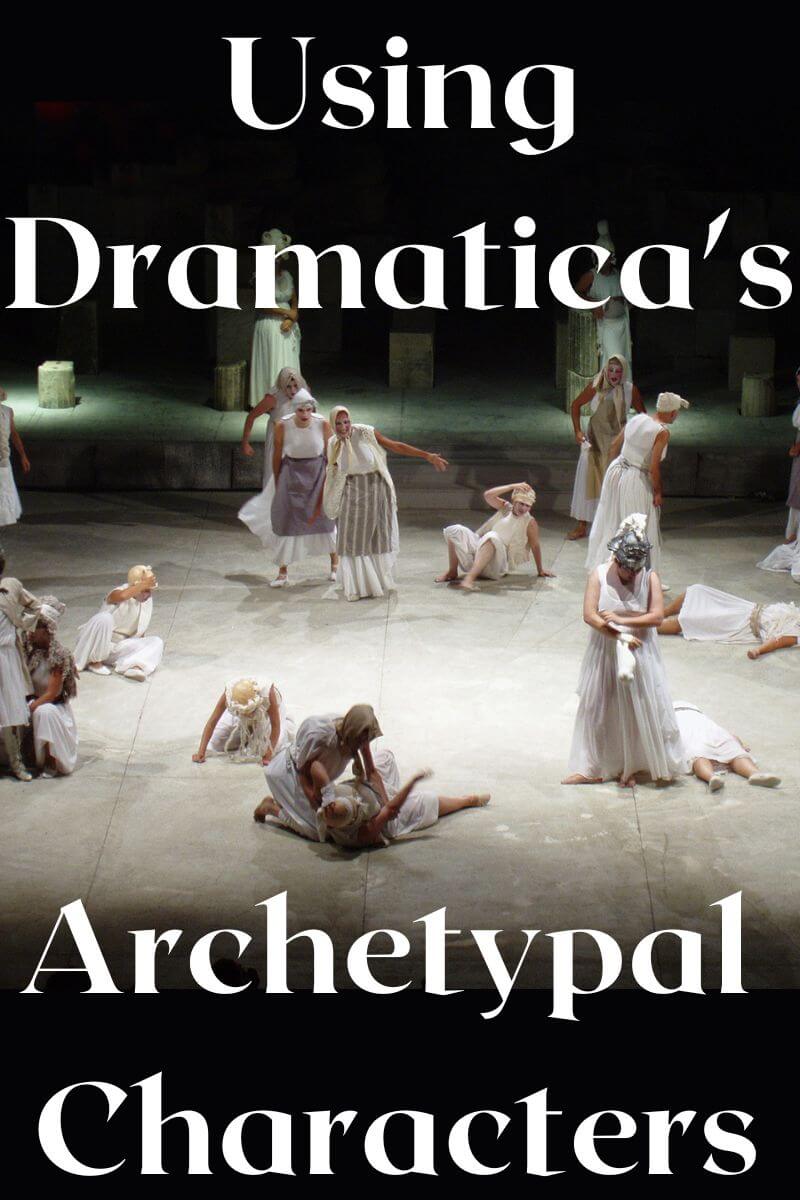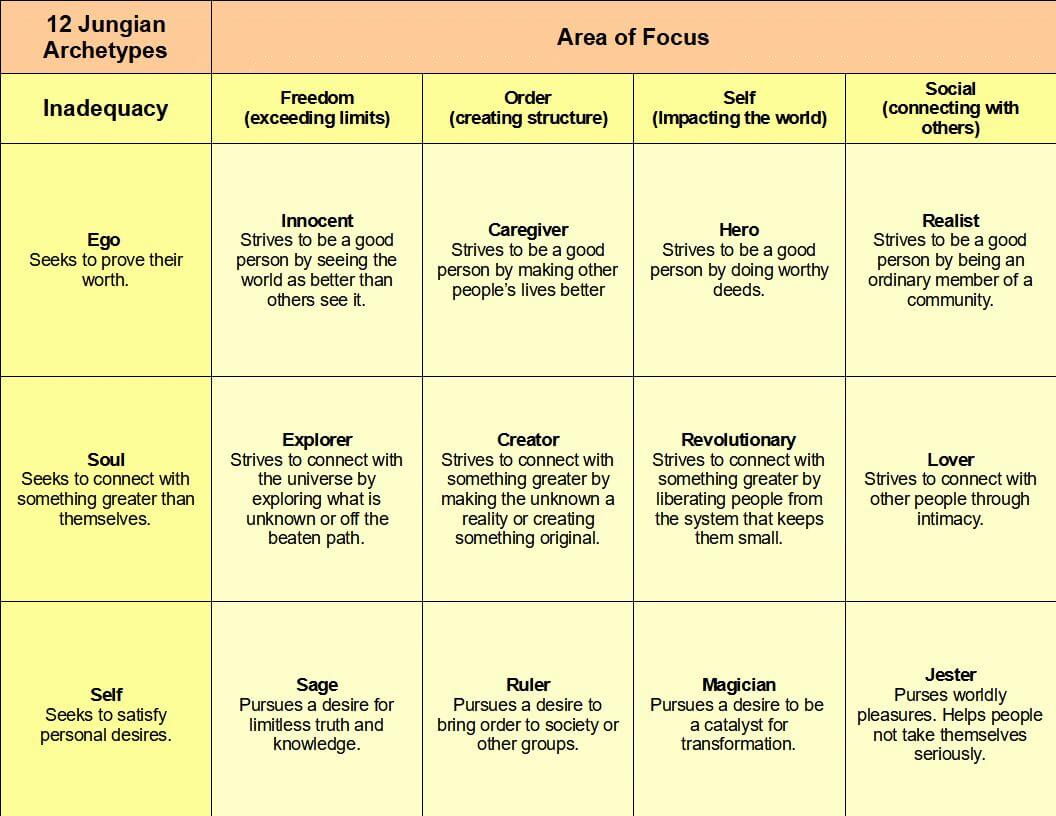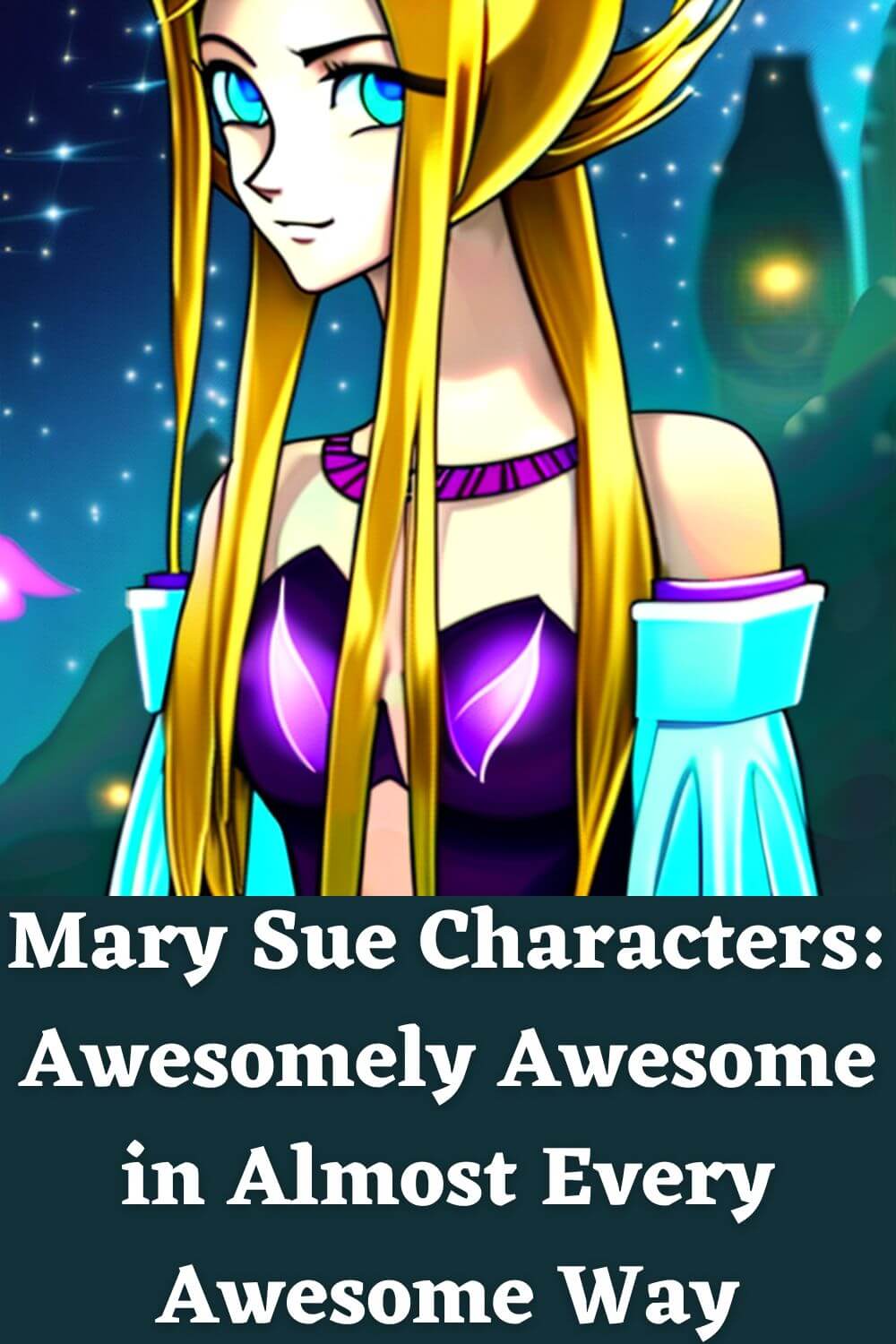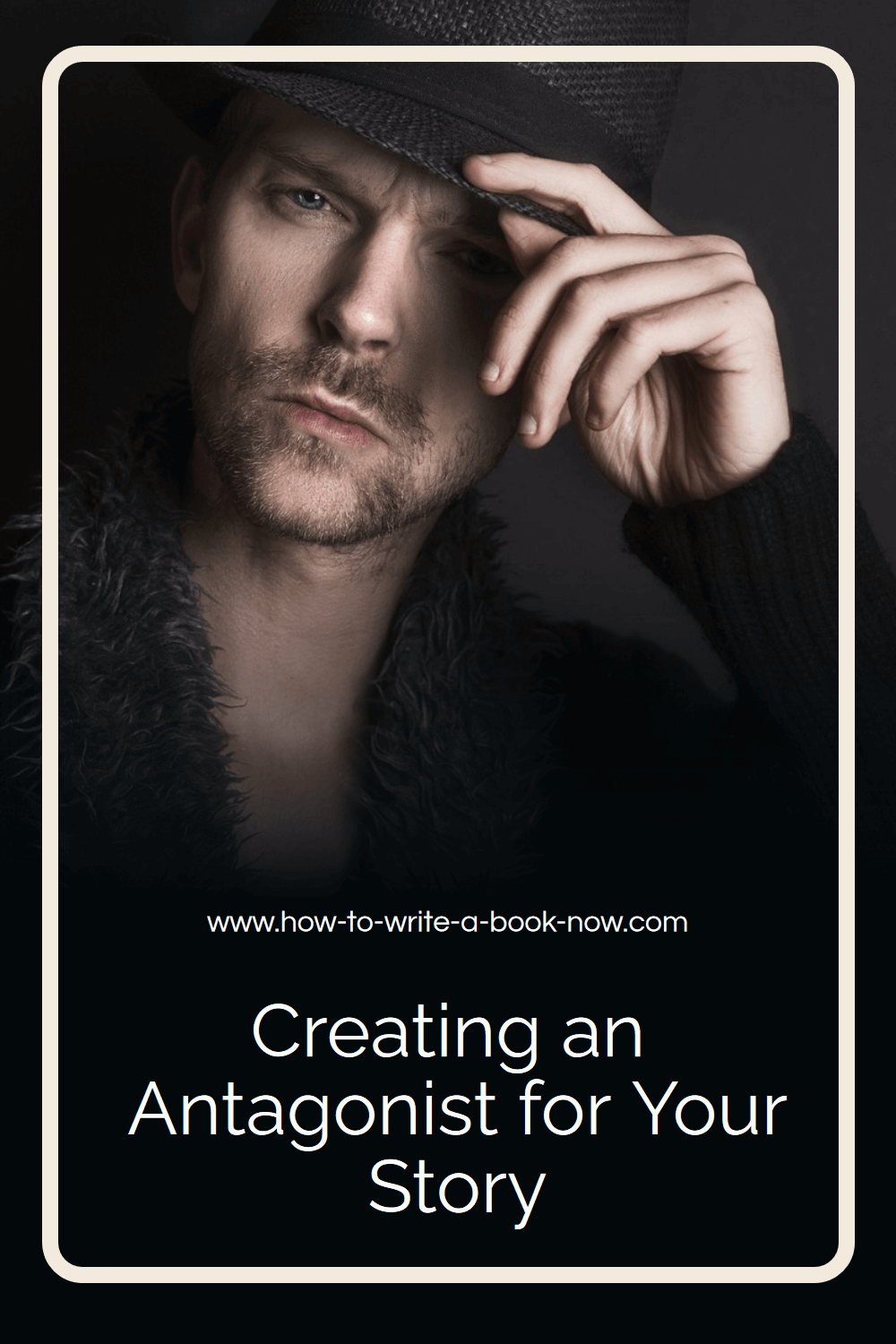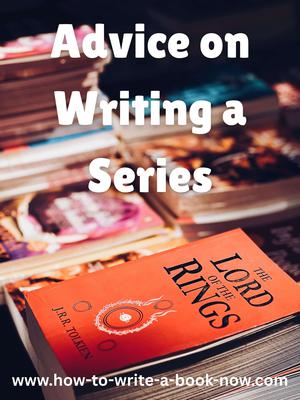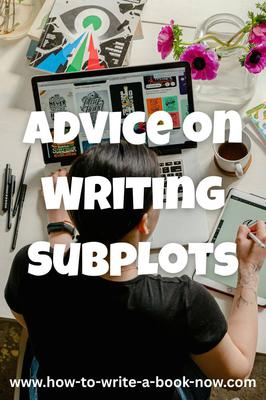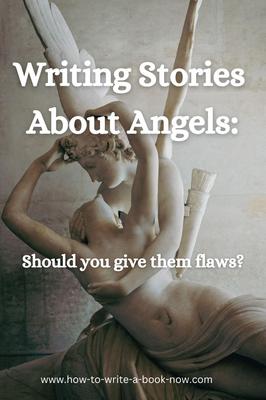Creating Fictional Characters
By Glen C. Strathy
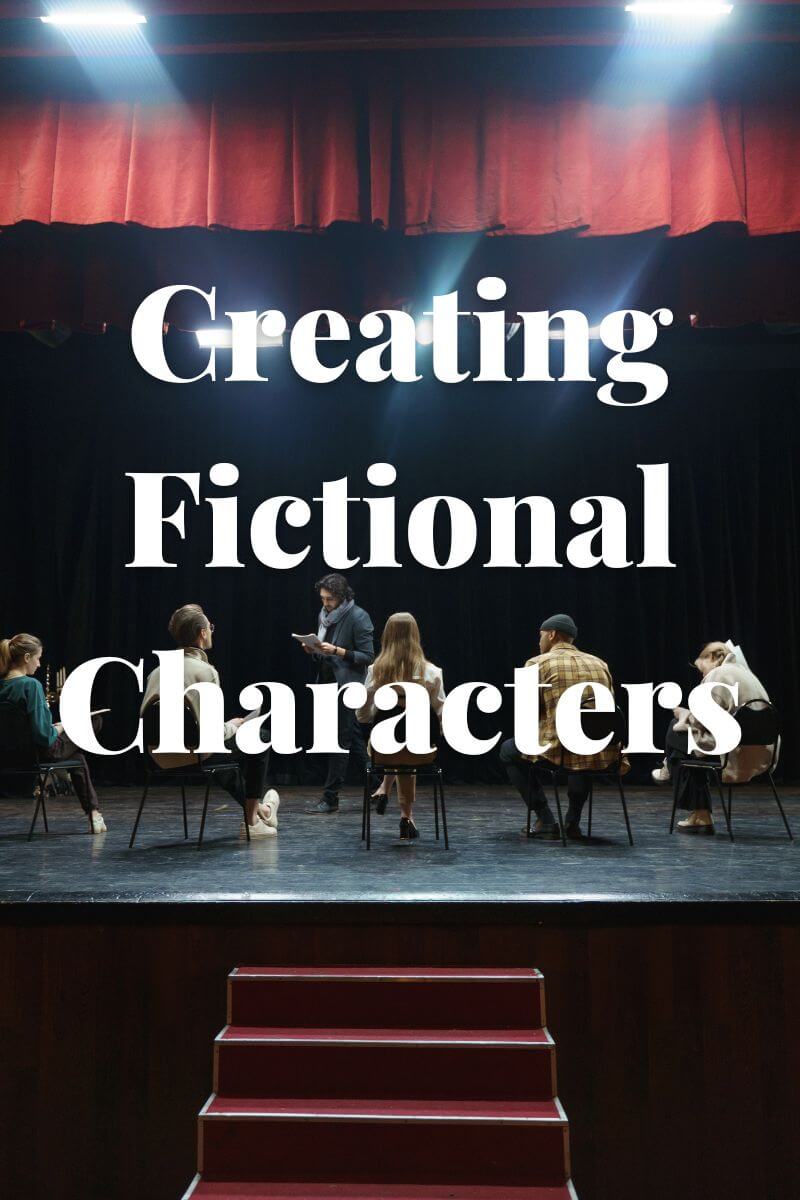
When it comes to creating fictional characters, writers tend to fall into two camps. Some writers begin with an idea for a story -- a plot, a situation, a theme, or a premise. They then create characters who will fit in well with that initial and developing idea. Other writers create characters first, perhaps based on people they know (making some changes to them, or perhaps combining several characters into one so they aren't recognized). Sometimes a character will live in the writer's imagination for a long time before they start to build a story around them.
Either way, there must be a relationship between character and plot. Certain characters are better suited for certain types of stories. Good story ideas will always work better when paired with the right characters.
Moreover, casts of characters often need to be assembled purposefully. Some characters will be in the drama to give your protagonist someone to fence with, to create obstacles, or offer support. Some characters may be present because they are best able to pressure other characters to make the changes they need to bring about the outcome (whether happy or tragic). Some characters will offer different takes on the story's thematic issues.
When you are creating a cast of fictional characters, you will want it to be well-balanced, like a mosaic in which all the colours contribute to the whole in way that makes the work emotionally engaging.
The articles below cover a variety of approaches to creating fictional characters and casts of characters. You should find a lot of ideas in them to help you in creating characters for your stories.
Creating Fictional Characters That Feel Authentic...
Creating 3D Fictional Characters
The best fictional characters are so memorable they stay with you for the rest of your life. They are so believable you feel they could be people you have met, while also being so unique you feel you have never met anyone quite like them. This article offers tips on how to making characters feel three-dimensional. (Also includes tips on assigning character names.)
Creating Characters From Real Life People
The advantages and pitfalls of using real people -- living and historical -- as the basis of fictional characters.
Creating Fictional Characters Based on the Dramatic Needs of Your Story
Creating an Antagonist to Fit Your Story
Every solid plot needs a good antagonist to create drama. Here are tips on how to create an antagonist that's right for your story.
Creating Characters Using the 8 Archetypal Characters in Dramatica
Dramatica is a model of story theory that identifies eight archetypal characters, each of which plays a different role in the drama of stories. A couple of these you may be familiar with, but some are unique to the model. Nonethless, when you're writing a plot-driven story they can be quite useful in creating a balanced cast.
Creating Your Main Character and Your Impact Character
The most effective way to create emotional depth in a story is to give the reader a main character to identify with and an impact character who can cause the main character to doubt themselves. This is the basic requirement to give your main character an inner journey that runs parallel to the external story.
Creating Fictional Characters Based on Other Archetypes
The 12 Jungian Archetypes, Pt. 1
The psychologist, Carl Jung, developed a theory of personality which included archetypal character types. These twelve archetypes based on Jung's ideas can be useful in helping you get ideas for characters. This article presents the archetypes.
Why Create Characters Using Jungian Archetypes?
Once you are familiar with the Jungian archetypes, the next step is creating fictional characters using them. This article gives you five reasons why you should consider doing so.
How to Write a Byronic Hero
It's easy to see why the Byronic hero remains a popular character type, appearing in many different genres. Strong but jaded, passionate but moody, idealistic but pessimistic, attractive but also dangerous. Click here to learn more about writing such a mysterious and compelling character.
How to Stop Writing Mary Sues: Balancing Idealization with Realism
Have you ever been accused of creating a main character who is a "Mary Sue"? Uncertain what that term even means? Well, it's not a compliment. So here's how to make sure your main character is safe from such accusations, and make her a more believable and relatable character as well.
More on Characters
Q&A on Choosing Character Names
Having trouble choosing an appropriate name for a character, something that feels right for them? On this question & answer page, we discuss several approaches to choosing good names for the characters in your novel.
Questions about Creating Fictional Characters? Ask them here...
Click here if you have a question about creating fictional characters, and we'll do our best to answer them. Or browse through the questions other people have posed and received answers to. There's a good chance your question has been asked and answered already.
- Home
- Write a Novel
- Creating Characters
